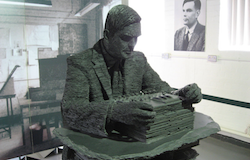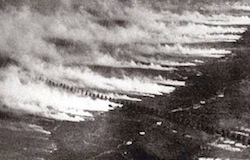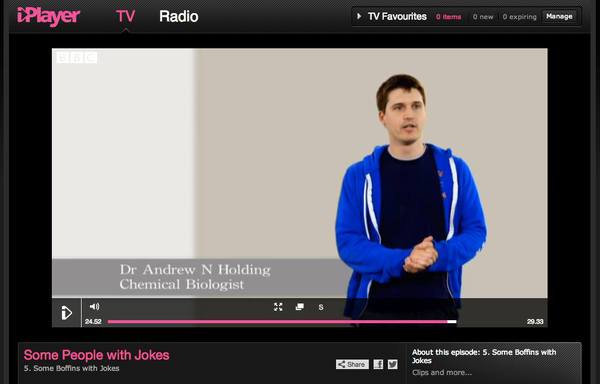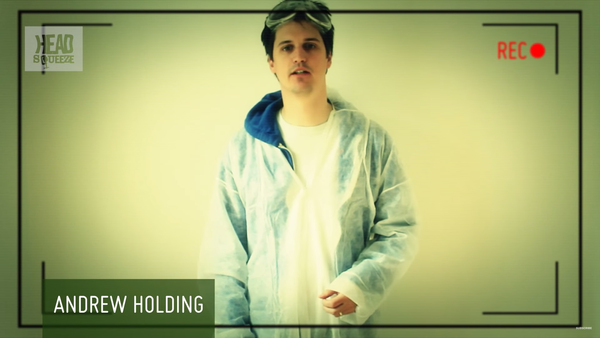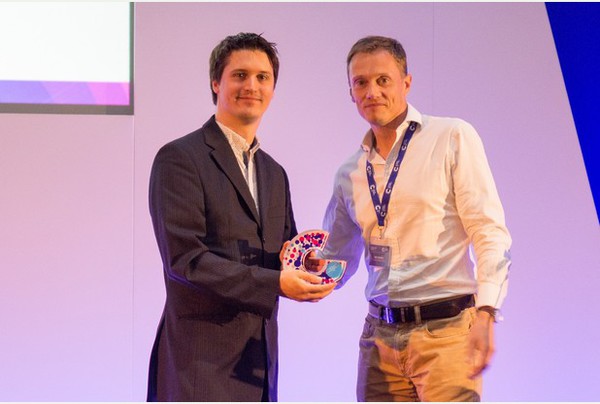Experience
Speaker and Presenter
Andrew loves to use storytelling to engage with his audience about science. A key part of that is drawing on examples in history to see what we can learn about how we got to where we are today. He has spoken at schools across Cambridgeshire and the UK, and has given talks for interested groups and Science Festivals both locally and internationally. Organisations that have invited Andrew to speak include The Royal Institution in London.
If you wish to book Andrew to give a talk, please use the contact information found on the About page. Andrew also has a wide range of media experiance having worked with Horizon, Cambridge Presents and BBC World Service, and is happy to receive requests to talk on his research and science in general.

Event Organiser
Andrew founded Skeptics in the Pub, SciBar and Bright Club in Cambridge. Since then he has worked with a wide range of organisations, including the British Science Festival, the MRC and the Alan Turing Insitute to run highly successful events and to provide training on how to engage with the public.
If you want to run an event, or need bespoke training, please get in touch using the contact information on this website. If Andrew can't personally help, he is more than happy to put you in touch with others who can.


